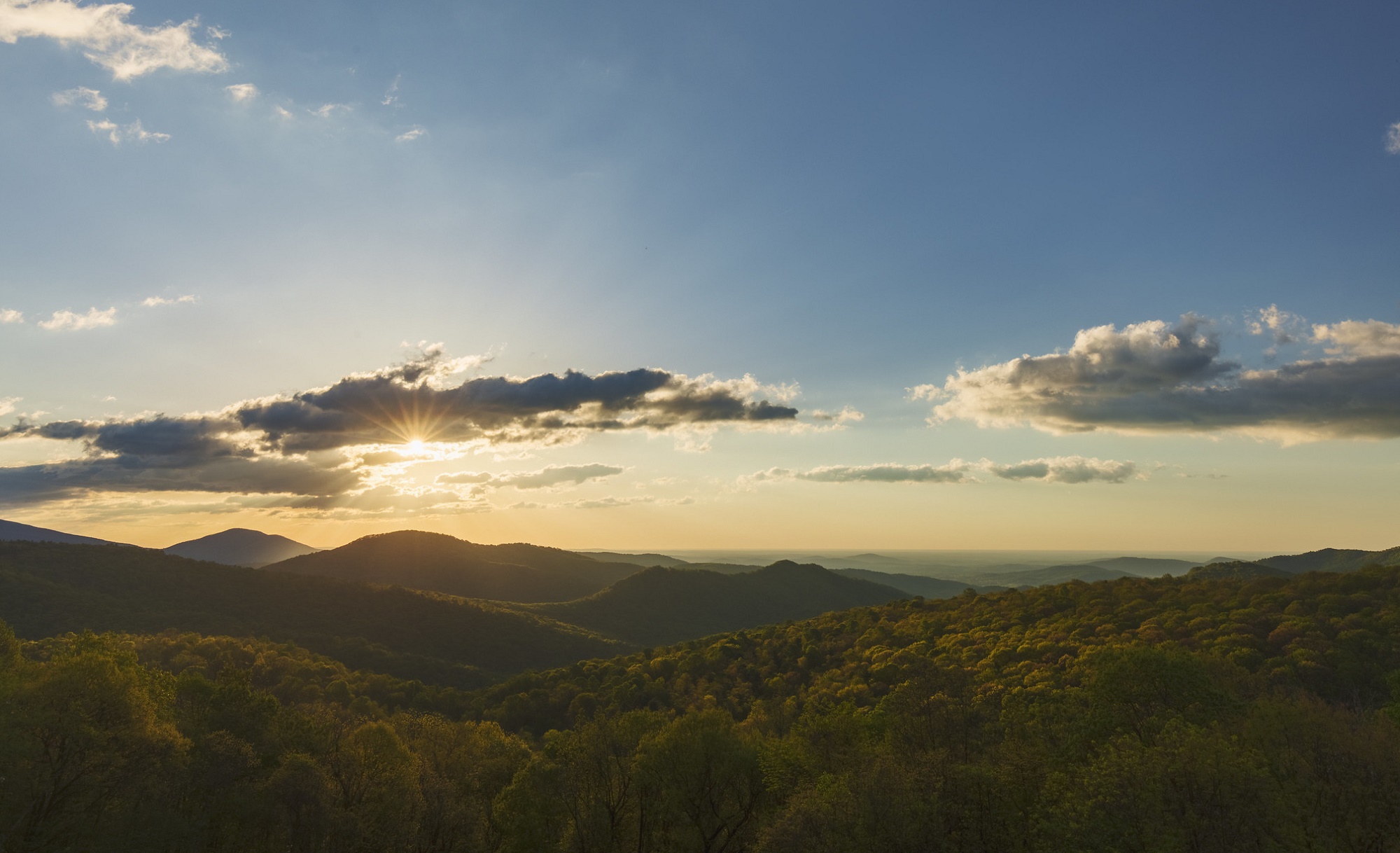- Ivy Main has a new post about Dominion Virginia Power and utility-scale solar electricity generation.
- Bloomberg Business has an interesting graphic that presents all of the factors influencing Earth’s average temperature since the industrial revolution. (It is more interesting on a computer than on a mobile device.) It may even help your denier friends see what is actually driving the warming.
- Scientists at Woods Hole Oceanographic Institution in Massachusetts have used computer modeling to study how the Earth’s natural ability to sequester carbon dioxide will change in the future if we continue to burn fossil fuels as we are now. One of their findings is that the oceans will become stratified, thereby cutting off the deep oceans as a storehouse for carbon and keeping more in the atmosphere.
- Research suggests that Canada’s Beaufort Sea is becoming more acidic faster than any other ocean in the world. This will provide insights into what is in store for the rest of Earth’s oceans. In a totally separate study, Kaitlin Alexander and coauthors examine the implications of uneven distribution of ocean acidity during the PETM 55 million years ago to our understanding of that event.
- Alaskan glaciers are contributing much more melt water to the oceans than had previously been thought, with most of the here-to-fore unaccounted for water coming from inland glaciers.
- In contrast to the recent EPA report finding little evidence that hydraulic fracturing is contaminating drinking water wells, a new study published in Environmental Science and Technology has found that drinking water wells in Texas counties that are home to intensive fracking operations contain elevated levels of more than two dozen metals and chemicals, some of which are carcinogens.
- A new study, commissioned by the Environmental Defense Fund, has found that 2.2% of the natural gas produced by gas wells on federal and Indian lands is lost to leakage. When combined with leakage in the distribution system, this suggests that the overall leakage rate exceeds 3%, the level above which any climate benefits of gas over coal are lost. Additional analysis of the report is available here.
- According to a new peer-reviewed EPA study, immediate action against climate change will prevent thousands of premature deaths and save the country from facing severe economic disruptions. EPA Administrator Gina McCarthy highlighted the major findings in an NPR interview.
- A report by the Lancet Commission concludes that curbing climate change could be the biggest global health opportunity of the 21st century. Failure to act, on the other hand, could wipe out all public health progress due to economic development over the last 50 years.
- In a new report, Bloomberg New Energy Finance outlines six major shifts that will transform future energy markets. However, fossil fuels will still provide 44% of our power in 2040.
- A new study published in Nature Climate Change finds that human-caused climate change affects weather in two ways. It changes the odds that any given extreme event will occur. It makes the events more severe.
- The heat wave in Pakistan has killed more than 1000 people this past week.
- There were two significant court rulings this week. In the state of Washington a judge has ruled in favor of a group of young people asking that the state be required to protect the climate for future generations. In The Netherlands a court ruled that the government must take action to cut its greenhouse gas emissions to combat global warming.
- For many Christians, protecting the poor of the world and the protecting the environment are intimately intertwined. Justin Gillis examines how this relationship is causing many to view action on climate change as a social-justice issue.
- If you are into cli-fi, you might find Ari Phillips’ review of The Water Knife by Paolo Bacigolupi of interest.
These news items have been compiled by Les Grady, member and former chair of the CAAV steering committee. He is a licensed professional engineer (retired) who taught environmental engineering at Purdue and Clemson Universities and engaged in private practice with CH2M Hill, the world’s largest environmental engineering consulting firm. Since his retirement in 2003 he has devoted much of his time to the study of climate science and the question of global warming and makes himself available to speak to groups about this subject. More here.

